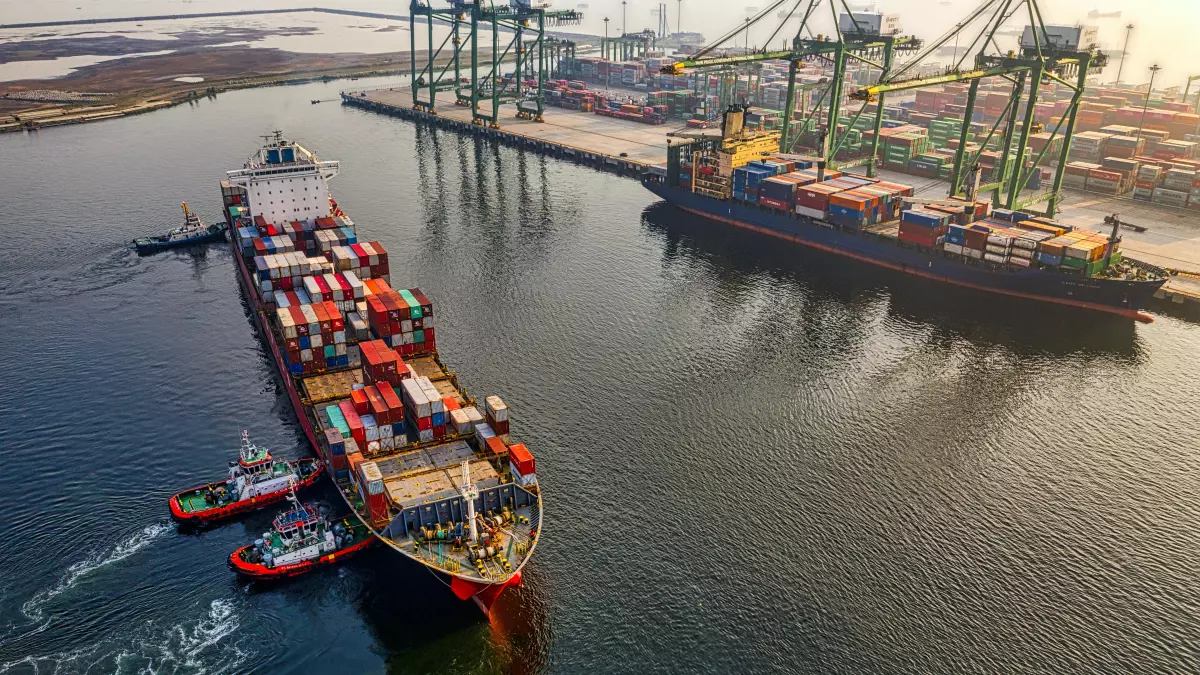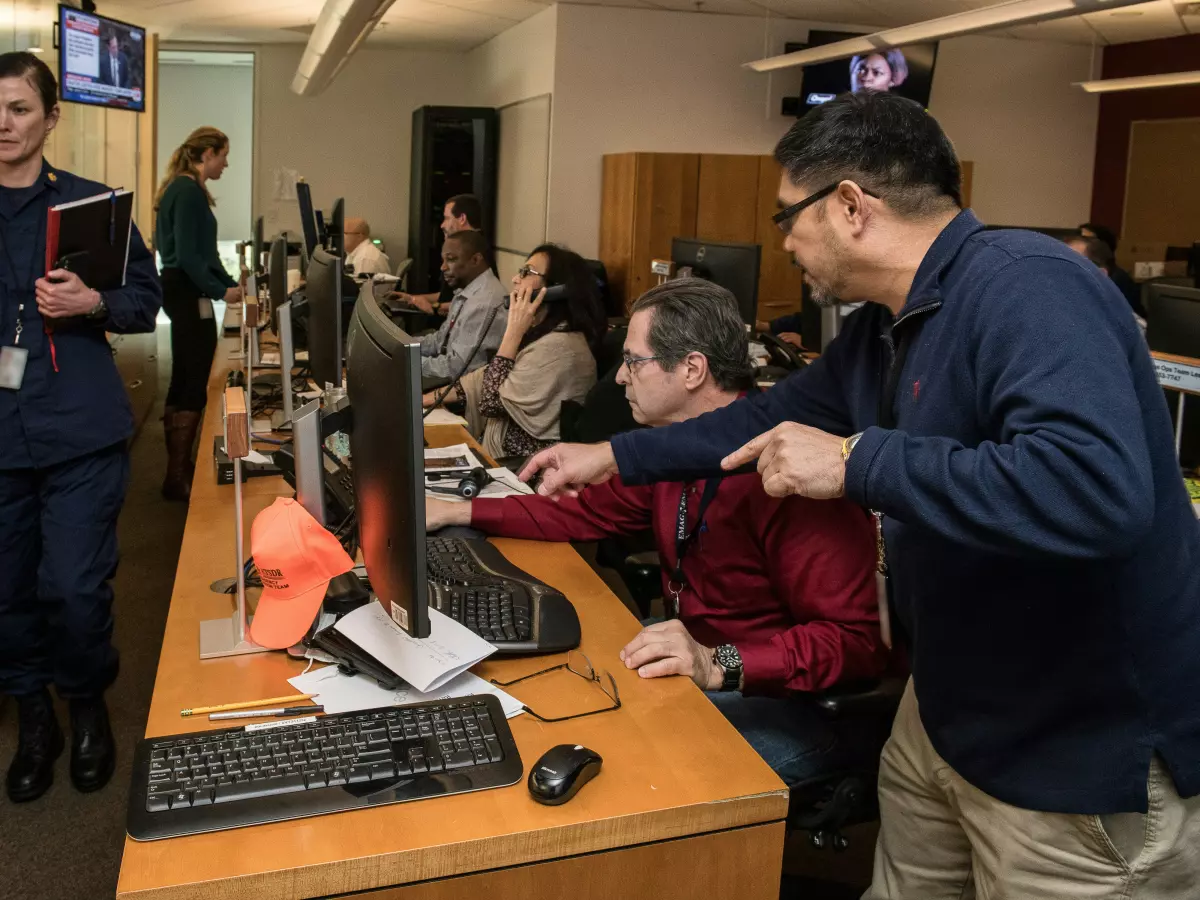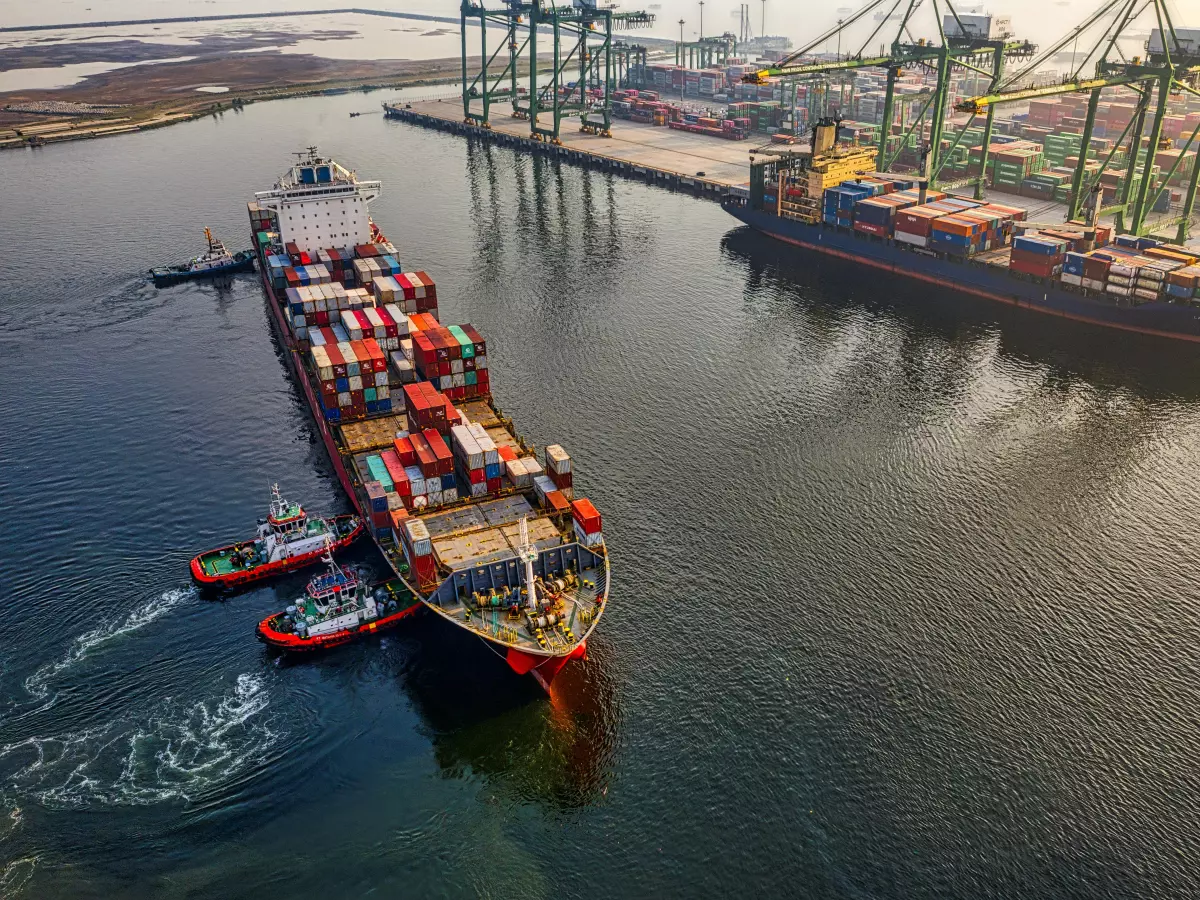AI's Supply Chain Revolution
What if your favorite gadget arrived faster, cheaper, and with zero hiccups? AI is quietly orchestrating a logistics symphony behind the scenes.

By Wei-Li Cheng
Let’s face it—supply chains are the unsung heroes of modern life. They’re the reason you can order a smartphone on Monday and have it in your hands by Wednesday. But they’re also a logistical nightmare: unpredictable demand, delayed shipments, and rising costs can throw even the most well-oiled machine into chaos. Enter artificial intelligence, the tech world’s Swiss Army knife. AI algorithms are stepping in to transform supply chains from clunky and reactive to sleek and predictive.
Imagine a world where your online order isn’t just tracked but anticipated. AI algorithms are making this a reality by analyzing mountains of data to predict demand, optimize routes, and even foresee disruptions. But how exactly does this work, and what does it mean for the future of global commerce?
Predictive Analytics: The Crystal Ball of Logistics
At the heart of AI’s supply chain revolution lies predictive analytics. By crunching historical data, AI can forecast demand with uncanny accuracy. For example, during the holiday season, algorithms can predict which products will fly off the shelves and ensure warehouses are stocked accordingly. This minimizes overstocking and understocking, saving companies millions of dollars.
But it doesn’t stop there. AI can also predict potential disruptions, like weather events or geopolitical tensions, allowing companies to reroute shipments and avoid delays. Think of it as a GPS for global commerce, but way smarter.
Automation: The Future Is Hands-Free
AI isn’t just about predictions; it’s also about action. Automation powered by AI is streamlining every aspect of the supply chain, from warehouse management to last-mile delivery. Robots equipped with AI algorithms can sort, pack, and ship items faster and more accurately than humans. Meanwhile, autonomous vehicles are beginning to handle deliveries, cutting down on costs and carbon emissions.
Take Amazon, for instance. Its AI-driven warehouses are a marvel of efficiency, with robots and humans working side by side to fulfill orders at lightning speed. And it’s not just the tech giants; small and medium-sized businesses are also jumping on the AI bandwagon, thanks to affordable cloud-based solutions.
Real-Time Visibility: No More Guesswork
One of the biggest challenges in supply chain management is visibility. Where is your shipment? When will it arrive? Traditional methods rely on manual tracking, which is prone to errors. AI changes the game by providing real-time visibility across the entire supply chain.
Using IoT sensors and AI algorithms, companies can monitor shipments in real time, ensuring everything runs smoothly. If a delay occurs, the system can automatically notify stakeholders and suggest alternative solutions. This level of transparency builds trust with customers and partners alike.
Ethical and Environmental Impacts
AI isn’t just making supply chains faster and cheaper; it’s also making them greener. By optimizing routes and reducing waste, AI algorithms are helping companies lower their carbon footprint. For instance, AI can identify the most fuel-efficient routes for delivery trucks, saving both money and the planet.
However, this raises ethical questions. As AI takes over more tasks, what happens to the human workforce? While automation creates new opportunities, it also displaces traditional roles. Companies must strike a balance between innovation and social responsibility.
The Road Ahead
So, what’s next for AI in supply chains? Experts predict even greater integration of AI with emerging technologies like blockchain and quantum computing. Blockchain can enhance transparency and security, while quantum computing could solve complex logistical problems in seconds.
We’re also likely to see more personalized supply chains. Imagine a system that knows your preferences and tailors deliveries to your schedule. AI could make this level of customization the norm, not the exception.
In conclusion, AI algorithms are not just improving supply chains; they’re redefining them. From predictive analytics to automation, AI is turning logistical chaos into a well-orchestrated masterpiece. The question isn’t whether AI will dominate supply chains—it’s how quickly it will happen. So, the next time your package arrives on time, take a moment to thank the invisible algorithms working tirelessly behind the scenes.





